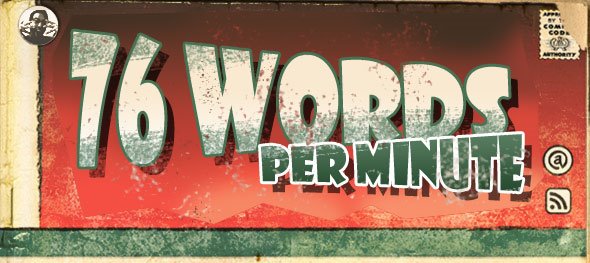You've all seen the "Map of the Internets" right? Well, if you were to try and divide the internet up socially, it might end up looking quite similar. Obviously, like-minded people are attracted to like-minded websites since you wouldn't be surfing a page for more than 10 seconds unless one had some vested interest of a sort. What about your social standing, however the ethnocentric or sociocentric ideologies may pigeonhole you, and how it determines how you view the web? Well, let's take this essay, written by Danah Boyd, which analyzed two specific social networking sites and came to its own conclusions regarding that question alone.
So where do you think the class lines fall? Interestingly, as Rupert Murdoch jokes that many people are flocking to Facebook, it's not truly the case. Perhaps there are numbers that support his claim, but Myspace hasn't quite hit that Friendster plateau, yet. The essay asserts that while Myspace is still quite popular amongst teenagers, there is a growing class divide amongst the pervading majority of members/users between Tom's college project and the relative newcomer, Facebook. Part of this is due to the exclusivity that Facebook instilled when the site kicked off, similar to the interestingly silent Orkut (now part of the Google network). As Ms. Boyd posits, "This was what college students said. Facebook is what the college kids did. Not surprisingly, college-bound high schoolers desperately wanted in."
Interestingly, this of course leads to a snowball effect of minor elitism. Myself, being interweb judgmental enough to spurn Myspace, hasn't jumped on the Facebook bandwagon, but after a couple ringing endorsements and one admitted addiction, I've become intrigued with the Facebook phenomenon. I'm not surprised that Ms. Boyd says, "Most teens who exclusively use Facebook are familiar with and have an opinion about MySpace. These teens are very aware of MySpace and they often have a negative opinion about it. They see it as gaudy, immature, and 'so middle school.'" because really, Myspace can be quite a vacuum. Let's take this link about unbelievable Myspace page layouts for instance. No doubt all these designs are in excellent taste, but the title of the article really says it all, "Myspace Layouts that Don't Look Like Myspace." It is more than apparent that the aesthetic stigma exists, and it really does have an effect on how one views a certain website.
What's most interesting to me is that this hasn't been discovered before. Once again according to Ms. Boyd, "Teens from poorer backgrounds who are on MySpace are less likely to know people who go to universities. They are more likely to know people who are older than them, but most of their older friends, cousins, and co-workers are on MySpace." and therefore are less likely to even hear about Facebook. This type of stratification reminds me of many old sociological arguments about career motivations being decided by environment, but it also says a lot about the sites themselves and to whom they are marketed. Perhaps in this case, the assumption that there is an elitist divide between the sites is unfair. Is that unfounded?
In any case, I think I may be too old for all this social networking rigmarole and I don't think I'm a fair judge of where people fall socially in real life and on the web. It does make for interesting discussion though.
Subscribe to:
Post Comments (Atom)


No comments:
Post a Comment